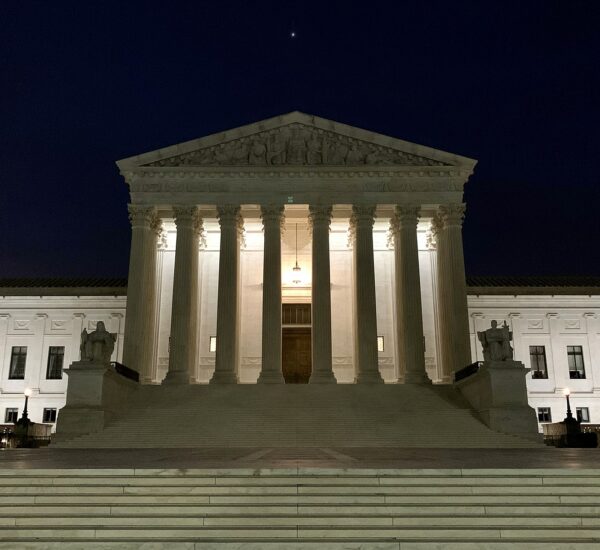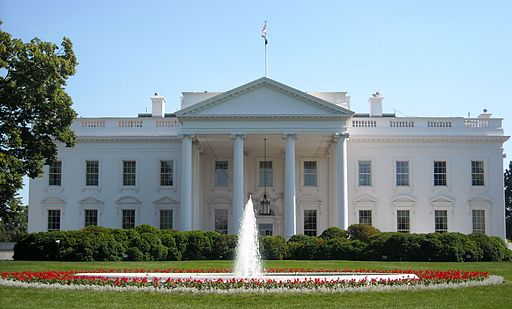Behind the Poll
There is currently a debate raging in the United States over whether or not Critical Race Theory (CRT) should be banned from public schools. CRT is a relatively new academic discipline that examines the ways in which race and racism impact every aspect of American society. Proponents of CRT argue that it is essential for students to understand the role that race and racism have played in American history in order to create a more just and equitable society. Critics of CRT, on the other hand, argue that the theory is nothing more than left-wing indoctrination that is designed to foster division and resentment among Americans.
Those who support banning Critical Race Theory from public schools typically make two main arguments. First, they argue that CRT is based on the false premise that America is an inherently racist country. Second, they argue that CRT is dangerous because it teaches students to see themselves and others primarily in terms of race. Both of these arguments are problematic.
First, while it is true that America has a long history of racism, it is also true that the country has made significant progress in recent years in terms of race relations. Second, while CRT does encourage students to think about race, it also encourages them to think about other important factors such as class, gender, and sexual orientation. In other words, CRT does not promote racism; instead, it promotes a more nuanced understanding of the ways in which different forms of oppression interact.
Those who oppose banning Critical Race Theory from public schools typically make three main arguments. First, they argue that CRT is an important tool for understanding the role that race and racism play in American society. Second, they argue that CRT is not dangerous because it does not promote racism; instead, it promotes a more nuanced understanding of the ways in which different forms of oppression interact. Third, they argue that banning CRT from public schools would be a form of censorship that would ultimately do more harm than good. All three of these arguments are persuasive.
The debate over whether or not Critical Race Theory should be banned from public schools is unlikely to be resolved anytime soon.



